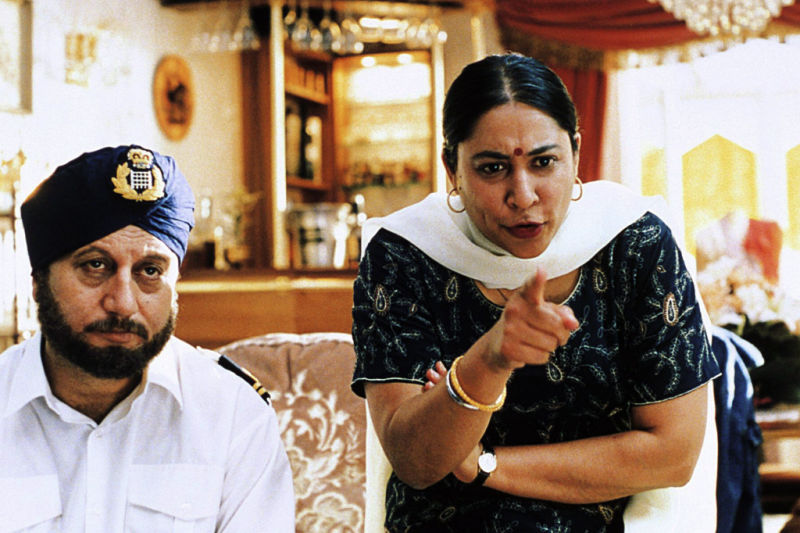Most of us agree that sex isn’t extensively discussed in South Asian families. The main thing that my brown friends and I were told was to not get pregnant before marriage. Even when you’re growing up in the diaspora, misconceptions about sex exist in America too. When American sex education isn’t as advanced as countries like the Netherlands and Denmark, relying on the media and friends may be all that you have. According to sex therapists, some of the things about sex that you have heard in the diaspora could be wrong. Read below to see how a few common myths can be debunked!
Myth 1: Most women like the same things when it comes to sex. If you’re not like most women then something is wrong with you.
Fact: No two women are the same. What’s boring to one woman feels incredible to another woman. What worked for your partner’s ex-girlfriend may not work for you. If you don’t share the same sexual preferences that your female friends have, relax. There’s no specific way to be when it comes to sexual likes and dislikes.
[Read Related: India (Finally) Repeals Controversial Tax on Sanitary Products for Women]
Myth 2: “Real sex” is only inserting a penis in a vagina.
Fact: The definition of sex can be a sensitive topic for communities that value virginity. If you want to look at the big picture, oral sex, anal sex, and manual sex still count as sex. One sex act isn’t less valid than the other. A person may feel entitled to view sex as only vaginal penetration but they don’t get to decide what real sex means to you. A healthy sex life doesn’t have to be limited to penile-vaginal intercourse.
Myth 3: Men are always ready for sex. If a man turns his partner down, something is wrong.
Fact: The claim that men think about sex every seven seconds has been proven false. Men’s libido can be impacted by stress and other health concerns. Your partner turning down sexual advances doesn’t always have to do with you. It’s not unheard of to come across couples where the female has a naturally higher libido than the male partner.
Myth 4: If a woman is in the mood for sex, it means she’s ready for intercourse.
Fact: Being mentally turned on doesn’t always mean that your body is ready for your partner to enter you. One of the main causes of painful intercourse is not being fully aroused. Many women need at least 20 minutes of foreplay to help their body catch up with their mind. Give yourself enough time to get lubricated and relaxed.
[Read Related: 12 Beliefs About Sex That South Asians Need to Throw Out the Window]
Myth 5: All therapists are experts on sex.
Fact: A general therapist isn’t the same thing as a sex therapist. Not all therapists identify as sex-positive either. Human sexuality is little addressed during psychotherapy training and coursework. If you’re looking to discuss sex with an expert find someone certified by AASECT.org (American Association of Sexuality Educators, Counselors, and Therapists).
Even though more people today are opening the door to discuss sex, many sexual myths persist. Have you received ignorant advice about sex from people in your life? What opinions about sex do you think can be critically examined? Believing in sexual myths can impact how you see yourself and your relationships. There isn’t a “one-size fits all” answer when it comes to sexuality. You get to decide what works for you and what doesn’t.





